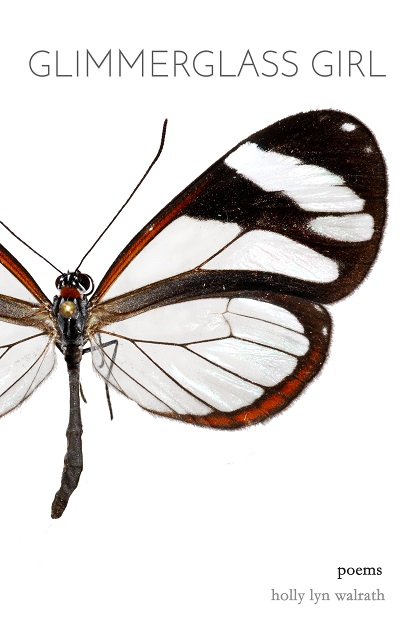A few links of interest from around the web:
- Science Fiction’s New Reality: a recent episode of 1A features guests N.K. Jemisin, Nnedi Okorafor, and Noelle Stevenson.
- The Science Fiction and Fantasy Poetry Association recently announced its 2018 Elgin Awards for full-length collections and chapbooks. Earlier this year, I interviewed book award winner Christina M. Rau about her collection, Liberating the Astronauts.
- And in election 2018 news, Texas edition, some possible good polling news regarding the upcoming senatorial race: “Are Some Republicans Ready to Abandon Ted Cruz for Beto O’Rourke? Polling firm finds some Republicans are ready to cross party lines.” (Texas Monthly) and “Beto O’Rourke leads Ted Cruz by 2 among likely voters in U.S. Senate race, new poll finds. O’Rourke has been closing the gap over the last several months, but this is the first poll that puts him ahead of Cruz.” (The Texas Tribune)


 HLW: For me, fairy tales began with Disney. I grew up in the generation that knew the golden age of Disney as not just something to be consumed but as a kind of religion. We lived, breathed, and ate (in the form of kid’s cereal and snacks) Disney. However, as much as I love them, those stories are being reexamined today for their implications. Women were taught to be princesses, not queens—damsels in distress, not heroes. But when we grow up, we realize those stories set false expectations. I’m in love with the new Disney stories like Moana, Rogue One, A Wrinkle in Time, Brave, and The Incredibles because they give girls new options. We’re redefining what a fairy tale means and where women stand in the narrative.
HLW: For me, fairy tales began with Disney. I grew up in the generation that knew the golden age of Disney as not just something to be consumed but as a kind of religion. We lived, breathed, and ate (in the form of kid’s cereal and snacks) Disney. However, as much as I love them, those stories are being reexamined today for their implications. Women were taught to be princesses, not queens—damsels in distress, not heroes. But when we grow up, we realize those stories set false expectations. I’m in love with the new Disney stories like Moana, Rogue One, A Wrinkle in Time, Brave, and The Incredibles because they give girls new options. We’re redefining what a fairy tale means and where women stand in the narrative.